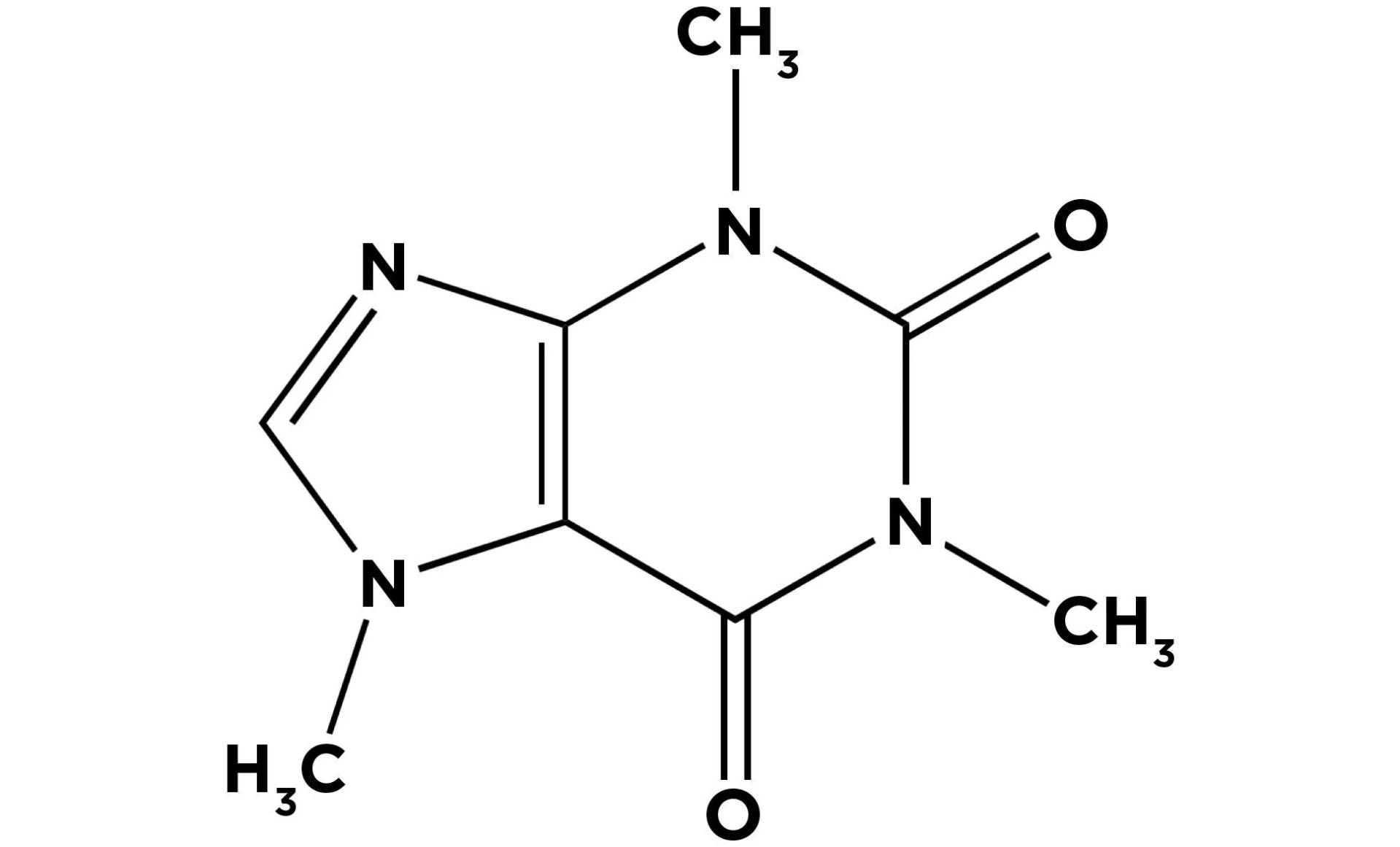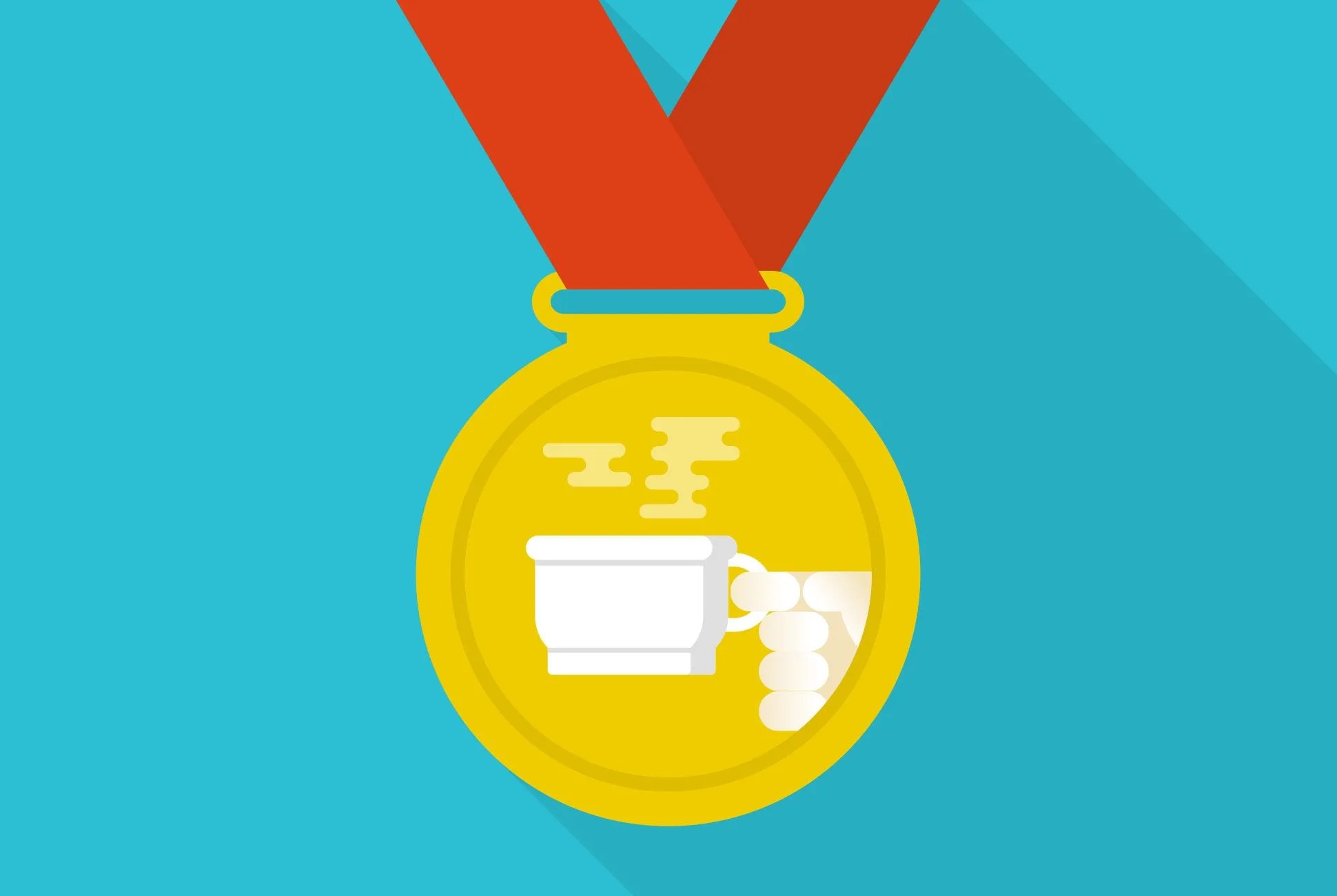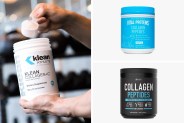The coffee you drank this morning was spiked with a powerful plant-produced insecticide — but you’re okay with that. It’s why you drank it in the first place. It’s called caffeine, and if you’re like 64 percent of Americans, hardly a day goes by when you don’t consume it. According to the American Journal of Physiology, caffeine’s energizing effect occurs when the chemical latches on to our neurotransmitters and blocks a sleepiness-inducing chemical called adenosine, which builds up naturally in our bodies throughout the day. People consume caffeine for various reasons — to shake off morning grogginess, to focus better on work, to party all night — but what is its impact on exercise?
“There is a large body of evidence showing that caffeine is the most effective legal performance drug out there,” said Kristen Arnold, a licensed dietician with a master’s degree in human nutrition. “For endurance sports, specifically. So, time trials, team sports such as soccer, basketball, and also sports that involve sleep deprivation, like ultra endurance.”
Arnold is right: in recent years, many studies have shown caffeine to have several benefits for athletic performance. The International Society of Sports Nutrition says caffeine is “very effective” at improving athletic endurance. And in one study in the Journal of Applied Physiology, several athletes who consumed caffeine pills ran 2-3 km more than those who drank coffee or consumed no caffeine at all. When it comes to brain stimulation, “nothing is better than caffeine,” Dr. Indre Viskontas\, Ph.D. in Cognitive Neuroscience, says.
So, caffeine is a performance-enhancing drug. But it’s not the kind of performance-enhancing drug that Mark McGwire would inject into his ass cheek in an empty St. Louis Cardinals locker room. For one thing, caffeine is totally legal. Even the World Anti-Doping Agency, knowing full well its effects, recognizes caffeine as an acceptable performance-enhancing drug (up until 2004, it was banned). And the International Olympic Committee says it’s perfectly OK for Olympic athletes to use caffeine, as long as the amount in their urine stays below a certain amount. The world of sports science seems to agree that caffeine can be beneficial to athletes and everyday gym-goers alike. But reaping those benefits is a bit more complicated than simply tossing back a few shots of espresso before a race or gym session. Here are a few things you should know.

Think beyond coffee. “For people that don’t drink caffeine regularly, there are definitely side effects. Elevated heart rate, anxiety, gastrointestinal issues — especially when it’s consumed in coffee, which is really acidic, so it can cause a lot of stomach issues. But it’s mostly just a feeling, nothing serious. They won’t feel good going into their workout,” Arnold said. She added that caffeine pills, when consumed responsibly, are what most studies have shown to be the most effective, and that coffee often doesn’t make sense for high-intensity physical activity: “It’s not often that people drink coffee on rides or runs or in the middle of a game. That’s when the drink mixes and sports gels and things come in handy.” Gu Energy has gels with caffeine, Nuun Sport has tablets and then there’s the runner favorite, Run Gum.
Know your dose. “It’s been shown that three to six milligrams of caffeine per kilogram of body weight is what’s helpful. Anything above nine milligrams per kilogram is not helpful,” Arnold said. As a point of reference, one cup of coffee typically contains 95 milligrams of caffeine. For a 150-pound athlete, this works out to about two milligrams per pound — slightly below a beneficial dose. “A lot of people don’t get nearly as much caffeine as they need per kilogram of their body weight,” says Joe Holder, Nike Master Trainer and founder of Ocho System.

